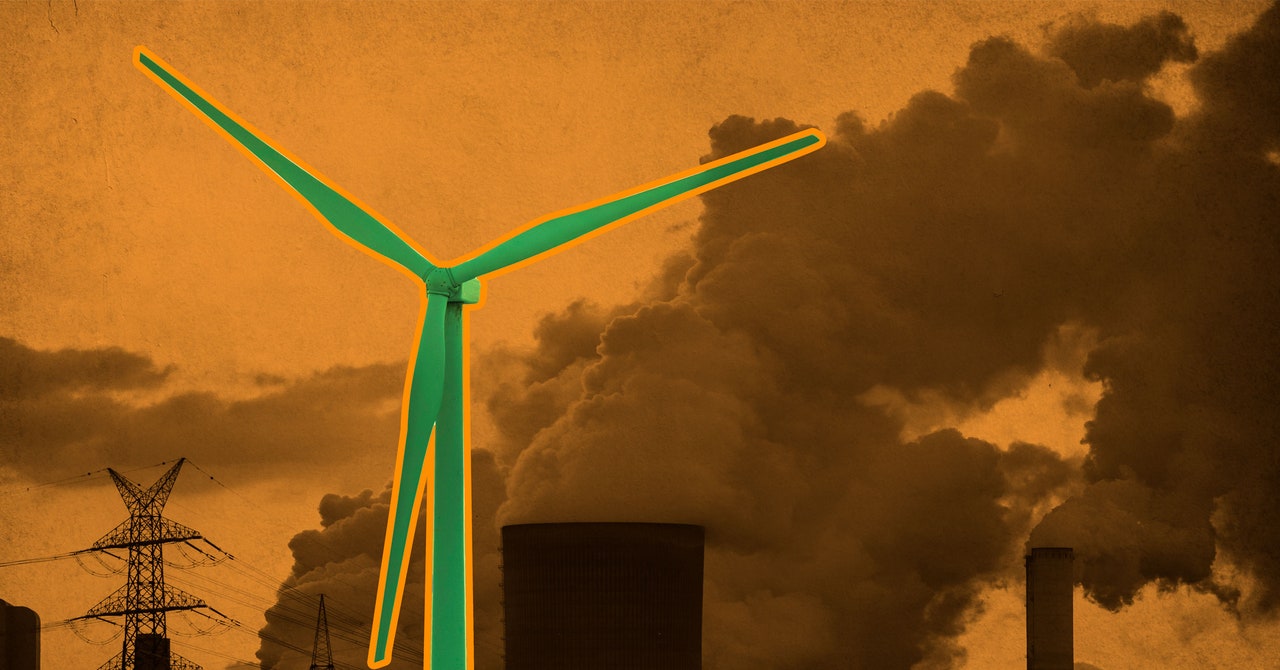In 2024 we will see courts and regulators around the world demonstrate that technological exclusivity when it comes to the applicability of legal rules is magical thinking. The tide has already begun to turn on the assumption that laws and regulations cannot keep pace with technological innovation. But in 2024 a radical change will occur: not through new rules, but through old rules being aggressively applied to new problems.
In the United States, in the absence of federal privacy legislation, regulators have already begun retooling the laws and rules at their disposal to deal with some of the most egregious examples of Big Tech playing fast and loose with our rights and personal data. In 2023 The US Federal Trade Commission (FTC) has continued to expand the regulatory burden of consumer protection provisions.
It tackled the problem of dark patterns – deceptive designs used by apps and websites to trick users into doing something they didn’t intend, like buying or subscribing to something – with a half-billion-dollar fine against Fortnite manufacturer Epic Games. The FTC also levied huge fines on Amazon for significant privacy violations through Alexa and Ring doorbell devices. There are no signs that in 2024 The Federal Trade Commission will slow down as it prepares rules to govern trade surveillance and digital security. In 2024 we will see regulators in other areas and other parts of the world follow suit, buoyed by the FTC’s successes.
In 2022 France’s data protection authority, CNIL, fined Clearview AI a record 20 million euros (about $21.9 million) for failing to comply with an earlier ruling from 2021 that ordered the company to stop collecting and using individuals’ data on French territory. Additional overdue penalties will accrue in the millions of euros in 2023. In 2024 we will see regulators like the CNIL take more radical legal steps to show that no company is above the law.
OpenAI CEO Sam Altman kicked off 2023. with a call for global regulation of AI, but abandoned the real prospect of EU regulation in the form of the EU AI Act. While AI doomers have called for a pause on innovation to allow regulation to catch up, regulators, including Italy’s DPA, have found ways to clip their wings by stopping ChatGPT on their territory, albeit temporarily, with existing regulations. Ongoing intellectual property lawsuits, such as the one against Microsoft that accuses the company of illegally using code created by others, could make for a tumultuous 2024. about the core business model of generative AI.
It is not only the individual impacts of technology that are in the sights of courts and regulators. In 2024 they will also consider the impact on society, markets and business. For example, US and EU antitrust actions launched in 2023 challenge Google’s dominance of the ad tech market, potentially shaking the monolithic logic of the programmatic advertising model that helped create the Internet as we know it today.
In 2024 we will see the end of the regulatory vacuum that Big Tech has long enjoyed. As new laws and regulations such as the AI Act, the Digital Services Act and the EU Digital Markets Act begin to take shape, courts and regulators will continue to apply existing laws and regulations to the new ways technology affects our daily lives. We will see the full range of legal tools coming in to address the challenges. Human rights and civil liberties law, competition law, consumer law, intellectual property, defamation, tort, employment law and a host of other areas will be engaged to address the real-life harm already caused by existing technologies including AI.




